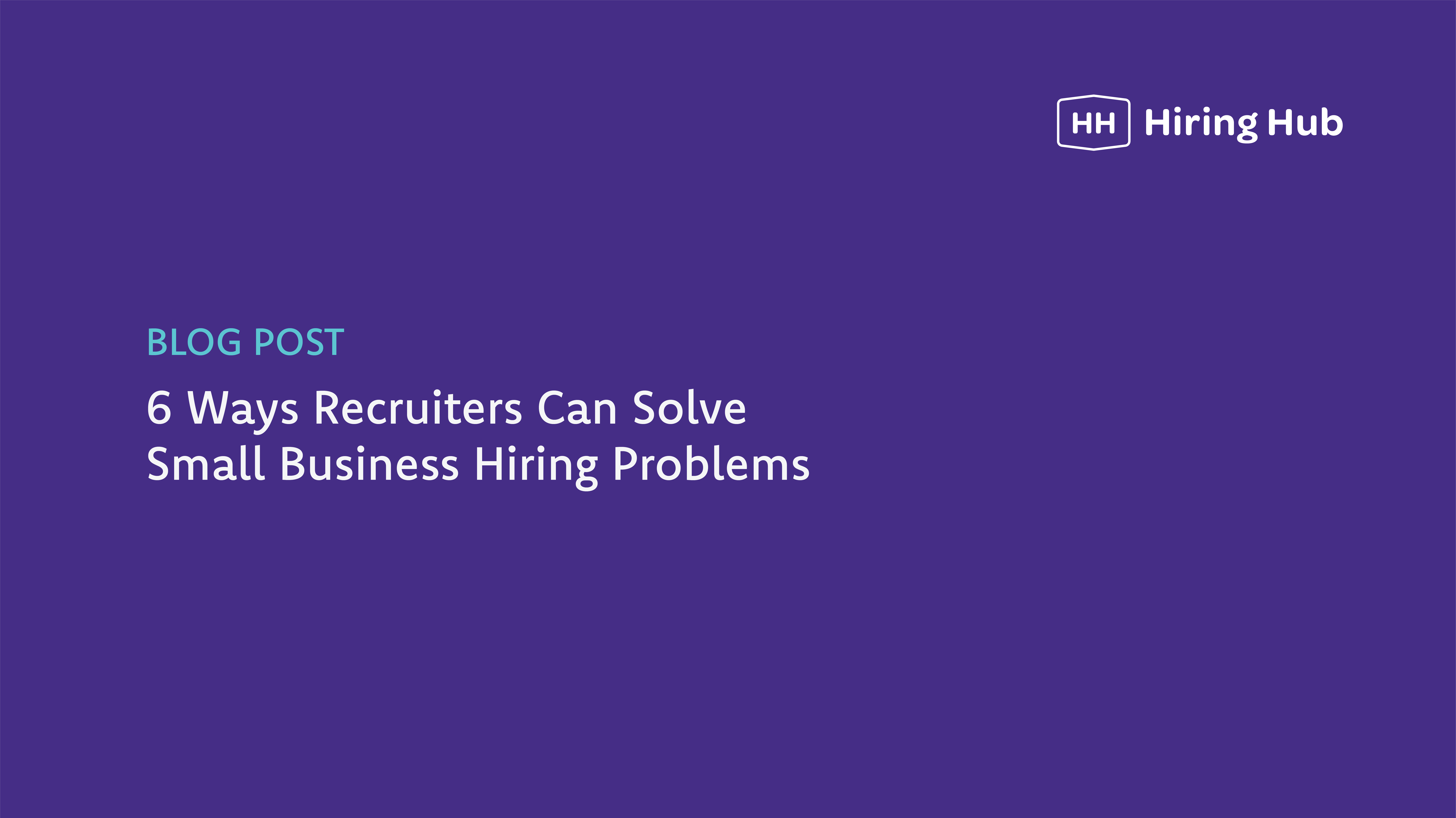Ghosting in Recruitment: Why It Happens and How to Fix It
Every job seeker has likely experienced ghosting at some point in their careers—that feeling of constantly checking your phone or refreshing your...
Congratulations! You’ve gone through the hiring process and found yourself a brilliant candidate. Not only someone who can do the job, but someone who glows with positivity, passion… and has also promised to bake cakes every day and buy everyone a beer on Fridays.
Nice work. Such a candidate is a rare find. Which is why you shouldn’t be surprised when their current company makes a counter offer. Because nobody wants to lose their top talent, especially when it’ll cost them money in recruiter fees and hassle in covering a position (along with free cakes and beer).
So how do you persuade the candidate to ignore any counter offers and commit to taking your role?
It’s unusual, but why not talk to the candidate about it as soon as you know you’re interested? This could be as early as the end of the first interview, at the point you want to invite them back. Tell them you know their company isn’t going to want to lose such a top talent and ask how they’d react to a counter offer if one was made. It’s unlikely they’ll say anything but “I’d turn it down” in front of you, but it gets them mentally (and verbally) committing to you – which might help prepare them against being so easily swayed if a counter offer is made.
Acknowledging that you wouldn’t be surprised by a counter offer also shows the candidate that you’re an employer who recognises their talent. Plus if you discussed why they wanted to leave their current role during the interview (and if not, why not!?), it doesn’t hurt to remind them of those aspects of the new role that they were looking for in the first place.
We all want as much money as possible, but there needs to be more to someone’s desire to work for you than that. Any candidate that gets you into a bidding war with his current company isn’t as passionate about the role as you want and will simply follow the money around – meaning they will do exactly the same to you next time there’s a better offer out there. Make your best offer, but also make it your only offer. This removes the chance for greed to confuse matters and makes it easier for the candidate to turn down any counter offer. (And if they accept it, then you’ve just avoided hiring the wrong person.)
Ideally send the formal offer letter and contract the same day as they accept your verbal offer. This period of limbo before they’ve signed a contract is a great time for their current company to sweet talk them into staying or for other potential employers to make offers, so don’t let a bit of paperwork laziness cost you a candidate.
We’re not talking heart-shaped chocolate boxes and barbershop quartets here, but continue the dialogue with them after you’ve made the offer – especially in that limbo period mentioned above. You can’t just go silent and wait for them to show up to work. Keeping in touch allows you to build on all that excitement and camaraderie created during the interviews and reminds them they’ve made the right decision. And even once it’s all official, you can keep their enthusiasm up during a notice period by starting their transition into the new role. This could be through including them in any important emails, inviting them to key meetings, or even just arranging a coffee with their new colleagues – allowing them to hit the ground running when they start with you.

Every job seeker has likely experienced ghosting at some point in their careers—that feeling of constantly checking your phone or refreshing your...

Quiet quitting and quiet firing have dominated HR news headlines in recent years. But now there’s another buzzword to get to grips with — quiet...

Businesses of any size need people to drive them towards success. We're not talking about bums on seats, but the real talent that supports an...